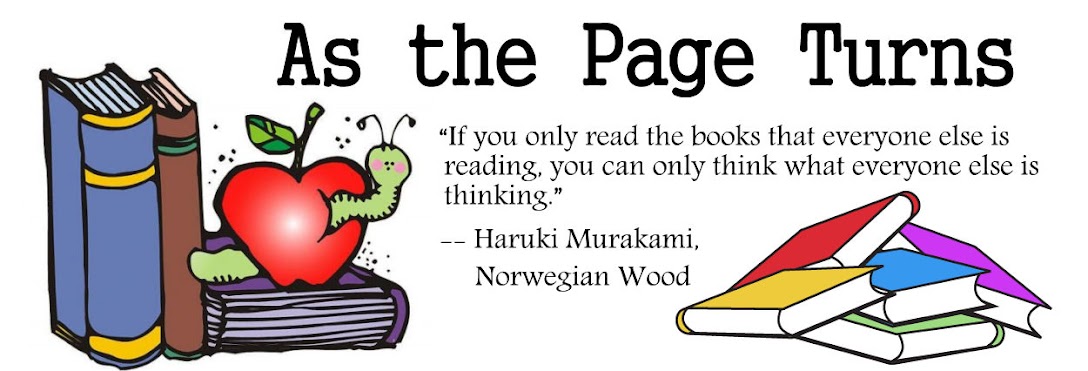Donald Joiner, a Georgia native, is a veteran who served during the Korean War era. He is a retired public
school superintendent who a lifetime student of history having once been a
history teacher. He is a father and grandfather and has been married for
fifty-two years. He has also authored two previous books about antebellum
churches in Georgia.
His latest book is, The Antioch Testament.
Thank you for being a guest on As the Page Turns, Donald, and congratulations on the release of your latest book. Tell us, what’s inside the mind of a historical fiction author?
DJ: You better get it right. There
are many historical fiction readers out there who pride themselves on knowing
much about the various historical eras. The author may be writing historical
fiction, but he can count on his readers knowledge about the historical times
surrounding the characters in the novel. If he gets dates wrong or mishandles
historical characters or events, the reader will be sure to share this
information with others and cross him off the ‘must read’ list.
What is so great about being an author?
DJ: The sense of accomplishment when
you have completed the story. It makes all the long months’ and years’ efforts
seem finally worthwhile. Your characters have been developed and have completed
their performances and the author’s times of frustration and ‘writer’s block’
are at an end.
When do you hate it?
DJ: When you go for extended periods
without inspiration and your mind is blank. When you have no idea how to
continue with the story and are tempted to abandon some or all of what you have
written. And then there’s the marketing process which requires you to fulfill
some functions you are uncomfortable with.
What is a regular writing day like for you?
DJ: Reviewing the section of the
work recently completed to climb back in to the story, perhaps doing some
editing of yesterday’s work. Reviewing the notes you made for the next section,
then finding the right words to begin. Sometimes I already know how that
section will end so I begin at the end, then work backwards toward the
beginning.
Do you think authors have big egos? Do you?
DJ: Perhaps ultra-successful authors
have big egos. If so, they’ve earned them. It helps to have some measure of ego
in order to face the frustrations and impotent periods that are so frequently
present in writing and in weighing and responding to criticism and editorial
advice.
I don’t think I have a big ego, but
then I’m not (yet) an ultra-successful author.
How do you handle reviews?
DJ: Take comfort in the good reviews
even when they’re not completely accurate. Try to honestly analyze bad reviews
for they represent how some readers actually perceive your work. If you can be
objective, you can then decide whether the reviews are valid.
What do you do on those days you don’t feel like writing? Do
you force it or take a break?
DJ: I’ve learned that you can’t
force inspiration. Sometimes it’s helpful to work on other sections of the
book, either rewriting or editing. I’ve found that often inspiration returns
while you work on other sections. At other times it’s better to go do something
else completely divorced from your writing.
Any writing quirks?
DJ: I prefer it to be completely
quiet when I write. No TV, radio or people talking to me. A phone call can be
completely distracting, causing me to lose my train of thought which might not
return for a long period.
Do you think success as an author must be linked to money?
DJ: No. I think you write because
you believe you have something to say. There’s a satisfaction in completing
your work that is unrelated to money. Of course, it’s always nice to have your
satisfaction with your work endorsed and sealed with an infusion of cash, but
your work is your baby and its completion is a reward in and of itself.
What had writing taught you?
DJ: I have a much greater
appreciation for those who write than I did before becoming an author. It’s
hard work! You’re either up in the heaven of inspiration or down in the pit of frustration
because inspiration has deserted you. But nothing equals the feeling of
satisfaction you have when you complete your work for you had something
important to say and you said it!
Leave us with some words of wisdom.
DJ: Be prepared for rejection. What
you write is important to you, but it might not appear so to the casual
observer. Never submit a manuscript to a potential agent or publisher unless it
has been professionally edited. Write, write and re-write! You’ve got to
convince others (potential agents or publishers) that what you’ve written
deserves their attention. If you elect to self-publish, be on your guard. Evaluate self-publishing companies
rigorously. Some will say or do anything to get your money. There are ratings
and reviews of these companies on the Internet for your convenience.


No comments:
Post a Comment